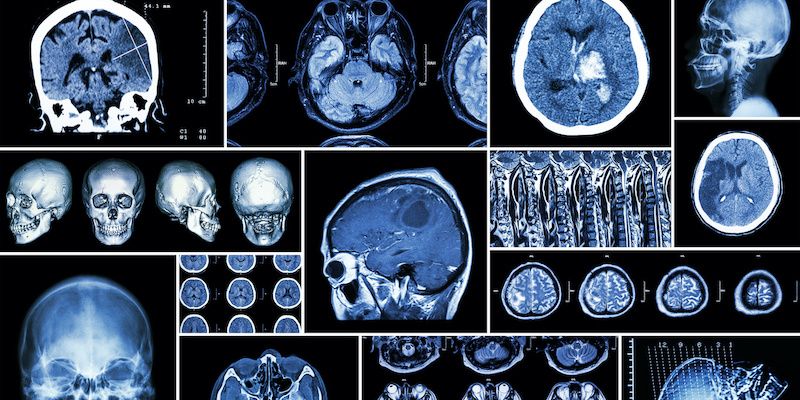
Multiple Sclerosis
Latest News
Latest Videos
More News

Adherence to multiple sclerosis (MS) therapy is linked with improved clinical outcomes, better quality of life, lower health care costs, and other benefits.

For multiple sclerosis, the therapy will be sold as Kesimpta by Novartis; it is administered by patients once a month through the Sensoready autoinjector pen.

A combination of delta-9-tetrahydrocannabinol (THC) and cannabidiol (CBD) relieved certain neurophysiological symptoms affecting patients with secondary progressive multiple sclerosis (MS).

Certain aspects of satisfaction with multiple sclerosis (MS) treatment can impact health-related quality of life (HRQOL).

The thalamus is among the first brain areas to atrophy in multiple sclerosis (MS); this study wanted to know if measuring this loss can predict future disability.


A new analysis offers insights into how ozanimod works in patients with relapsing multiple sclerosis, as well as the impact of higher dosage.

A new study helps make clear what’s happening in the visual systems of patients with pediatric onset multiple sclerosis.

Alemtuzumab did not appear to negatively impact pregnancy outcomes in women who took the therapy for relapsing-remitting multiple sclerosis prior to becoming pregnant.

The researchers noted that these results can help inform therapeutic decision making and identify opportunities to address barriers to disease-modifying drug (DMD) adherence, which not only improves clinical outcomes but also reaps benefits when it comes to health care costs.

By delivering helpful information and fostering online communities, social media may provide rehabilitation and psychological benefits for patients with multiple sclerosis (MS) who have depression, according to the results of a recent Iranian study.

A new study suggests patients with multiple sclerosis (MS) will see their ability to walk decline more rapidly than their hand function.

The review article highlights the many ways that multiple sclerosis (MS) affects women over the lifespan, from pregnancy to childbirth to menopause and beyond—and how both research and clinical practice fall short in meeting their needs.

New research sheds light on how multiple sclerosis affects the work lives of people with the disease. The data show that these patients face higher risks of missed work, even for reasons not directly linked to the disease.

A new study suggests that people living with multiple sclerosis (MS) are often concerned about the costs of their care, but they do not always raise the concern with their doctor.

A study from Germany asked patients with multiple sclerosis (MS) about beliefs regarding immune treatments as well as their illness perceptions. Researchers sought to assess these beliefs to test the idea that they are closely connected to adherence behavior.

Most patients who have multiple sclerosis (MS) begin with a relapsing-remitting phase and eventually transition to a secondary progressive phase. In between is believed to be a “transitional” phase, but scientists have yet to discover how to clearly identify patients in transition.

The use of disease-modifying therapy (DMT) was associated with a lower risk of hospitalization for patients with coronavirus disease 2019 (COVID-19), and neurological disability, age, and obesity were independent risk factors for more severe cases of infection for patients with multiple sclerosis (MS).

The study authors tested the risk-reducing effects of ocrelizumab compared with interferon β-1a for treatment of multiple sclerosis disability accumulation, with ocrelizumab showing better results in lowering disability accumulation scores.

A new case report highlights the potential links between certain acute cardiac issues and the early stages of multiple sclerosis.

The authors said it was the first study to try and link these 2 central nervous system biomarkers to disease severity in multiple sclerosis.

Bristol Myers Squibb announced the commercial launch of Zeposia (ozanimod) for relapsing multiple sclerosis (RMS). The oral treatment is the first and only approved sphingosine-1-phosphate receptor modulator with no genetic test or first dose observation at initiation.

A new study that looks at the long-term effects of dimethyl fumarate finds the therapy is safe and effective in patients with relapsing-remitting multiple sclerosis who have taken the therapy for approximately a decade.

A new report shows just how much disease modifying therapies (DMTs) have changed the economic landscape of treating multiple sclerosis.

Identifying the particular genes at play in multiple sclerosis (MS) could lead to a better understanding of the disease, and possibly better therapies for it. A new paper proposes network representation learning as the best method to identify those genes.














